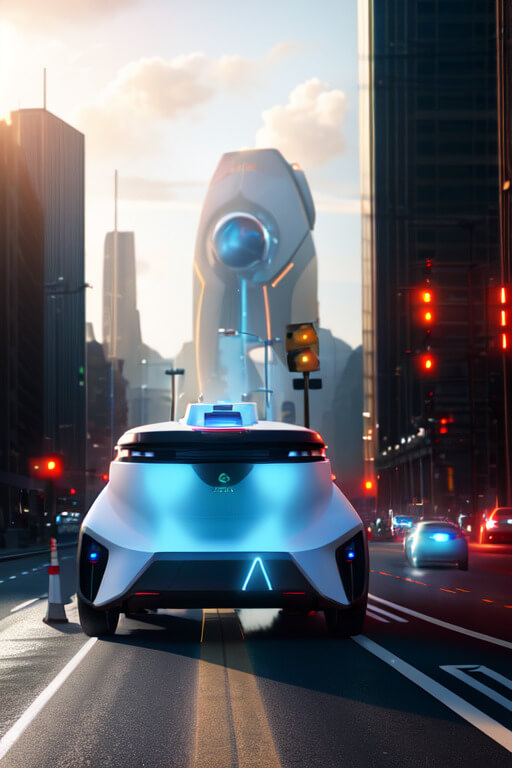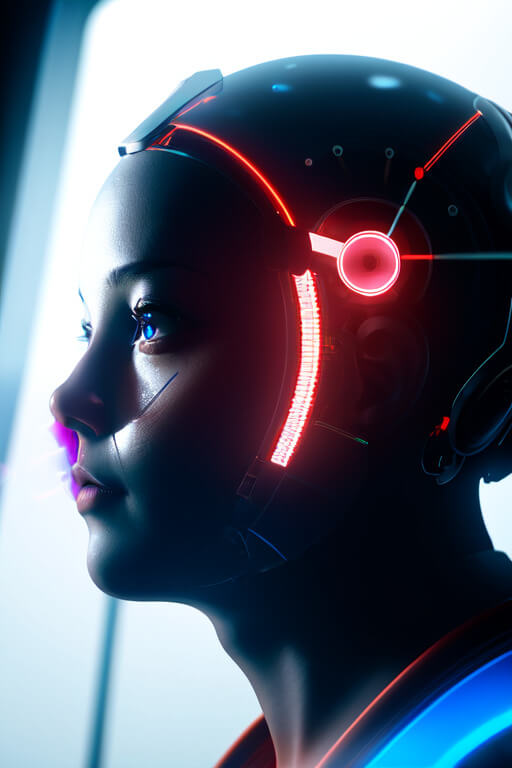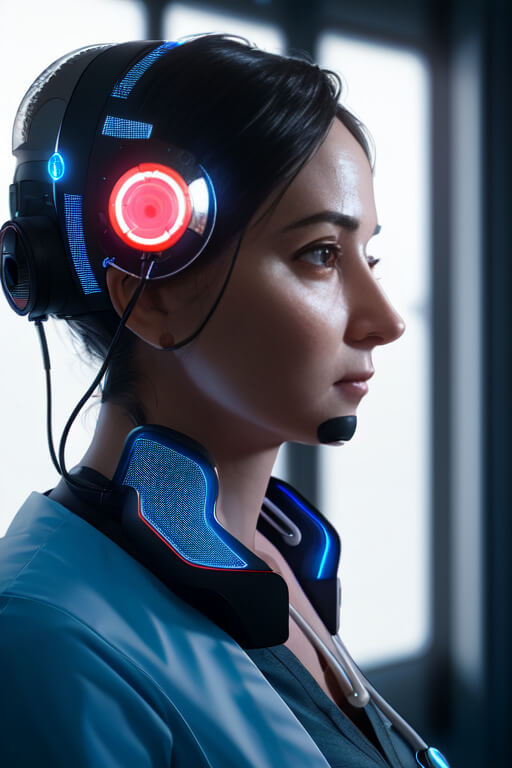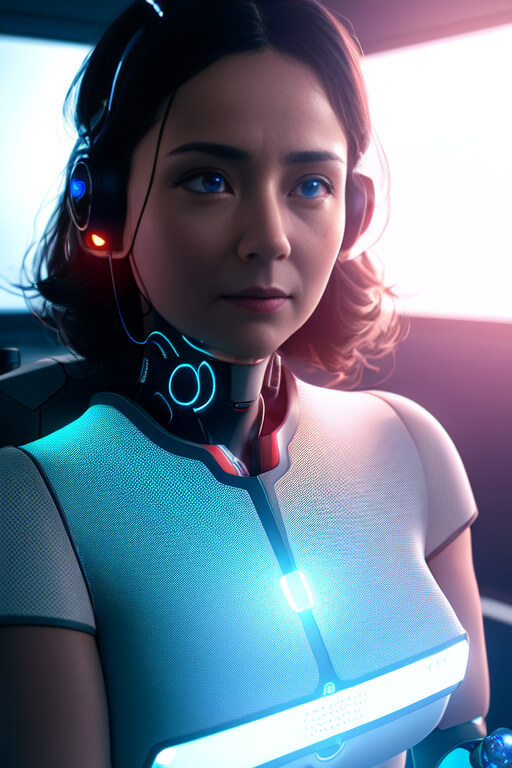The Rise of Artificial Intelligence AI
Artificial Intelligence (AI) is the new buzzword in the world of technology. It has been making headlines over the last few years due to the significant impact it has had on different industries. AI is no longer a futuristic concept, but it is already a reality. From self-driving cars to intelligent personal assistants, AI is changing the way we live and work. This article examines what AI is, its advantages, applications, and the future of AI.
What is Artificial Intelligence AI?
Artificial intelligence is a branch of computer science that deals with creating intelligent machines that can perform tasks that typically require human intelligence. AI systems can learn from data, recognize patterns, and make decisions based on that data. There are three main categories of AI: narrow or weak AI, general or strong AI, and artificial superintelligence.
Narrow or weak AI refers to AI systems that are designed to perform a specific task or set of tasks. For example, Siri, the personal assistant on Apple devices, is a narrow AI system that can perform tasks like setting reminders, making calls, and sending messages.
General or strong AI refers to AI systems that can perform any intellectual task that a human can perform. This type of AI does not exist yet, but it is the ultimate goal of AI research.
Artificial superintelligence refers to a hypothetical future AI system that is more intelligent than any human being on Earth. This type of AI is still in the realm of science fiction, but it is a topic of debate among AI experts.
Advantages of Artificial Intelligence AI
There are several advantages of AI, including increased efficiency, accuracy, and productivity. AI systems can process large amounts of data quickly and accurately, which can help businesses make informed decisions. AI can also perform repetitive tasks without getting tired, which can free up human workers to focus on more creative and complex work.
AI can also be used to improve healthcare by analyzing medical data to identify patterns and predict potential health issues. AI can assist doctors in making accurate diagnoses and recommending appropriate treatments.
AI can also improve safety in industries such as transportation, manufacturing, and construction. Self-driving cars, for example, can reduce the number of accidents caused by human error.




Applications of Artificial Intelligence AI
AI has several applications in different industries. In healthcare, AI can be used for medical imaging analysis, drug discovery, and personalized medicine. In finance, AI can be used for fraud detection, credit scoring, and investment management.
In retail, AI can be used for inventory management, personalized marketing, and customer service. In education, AI can be used for personalized learning, intelligent tutoring, and student assessment.
AI is also being used in the military for surveillance, reconnaissance, and autonomous weapons.
Future of Artificial Intelligence AI
The future of AI is exciting and unpredictable. AI is expected to continue to grow and evolve, and it will have a significant impact on different industries. AI systems will become more intelligent, more efficient, and more sophisticated.
However, there are concerns about the impact of AI on jobs. As AI systems become more advanced, they may replace human workers in some industries. There are also concerns about the ethical and moral implications of AI. AI systems can be biased if they are trained on biased data, and they can make decisions that are not aligned with human values.
The future of AI will depend on the decisions we make today. It is crucial to ensure that AI is developed and used responsibly and ethically.
The Future is Here with Artificial Intelligence AI





Artificial Intelligence AI is one of the most exciting technological developments of our time. It has the potential to revolutionize the way we live, work, and interact with the world. As AI continues to evolve, it is essential to ensure that it is developed and used responsibly and ethically. AI has several advantages and applications, but it also comes with challenges and risks. By addressing these challenges and risks, we can create a future where AI benefits everyone.
Frequently Asked Questions (FAQs)
1. What is the difference between artificial intelligence and machine learning?
Artificial intelligence is a broader term that encompasses different technologies, including machine learning. Machine learning is a subset of AI that focuses on teaching machines how to learn from data.
2. What are some examples of AI in everyday life?
Some examples of AI in everyday life include personal assistants like Siri and Alexa, self-driving cars, spam filters, and recommender systems.
3. Can AI systems be biased?
Yes, AI systems can be biased if they are trained on biased data.
4. What are the ethical implications of AI?
The ethical implications of AI include concerns about job displacement, privacy, bias, and autonomous weapons. It is crucial to consider these implications when developing and using AI systems.
5. Will AI replace human workers?
AI has the potential to replace some human workers in certain industries. However, it can also create new job opportunities in other industries. It is essential to ensure that AI is developed and used in a way that benefits everyone.






